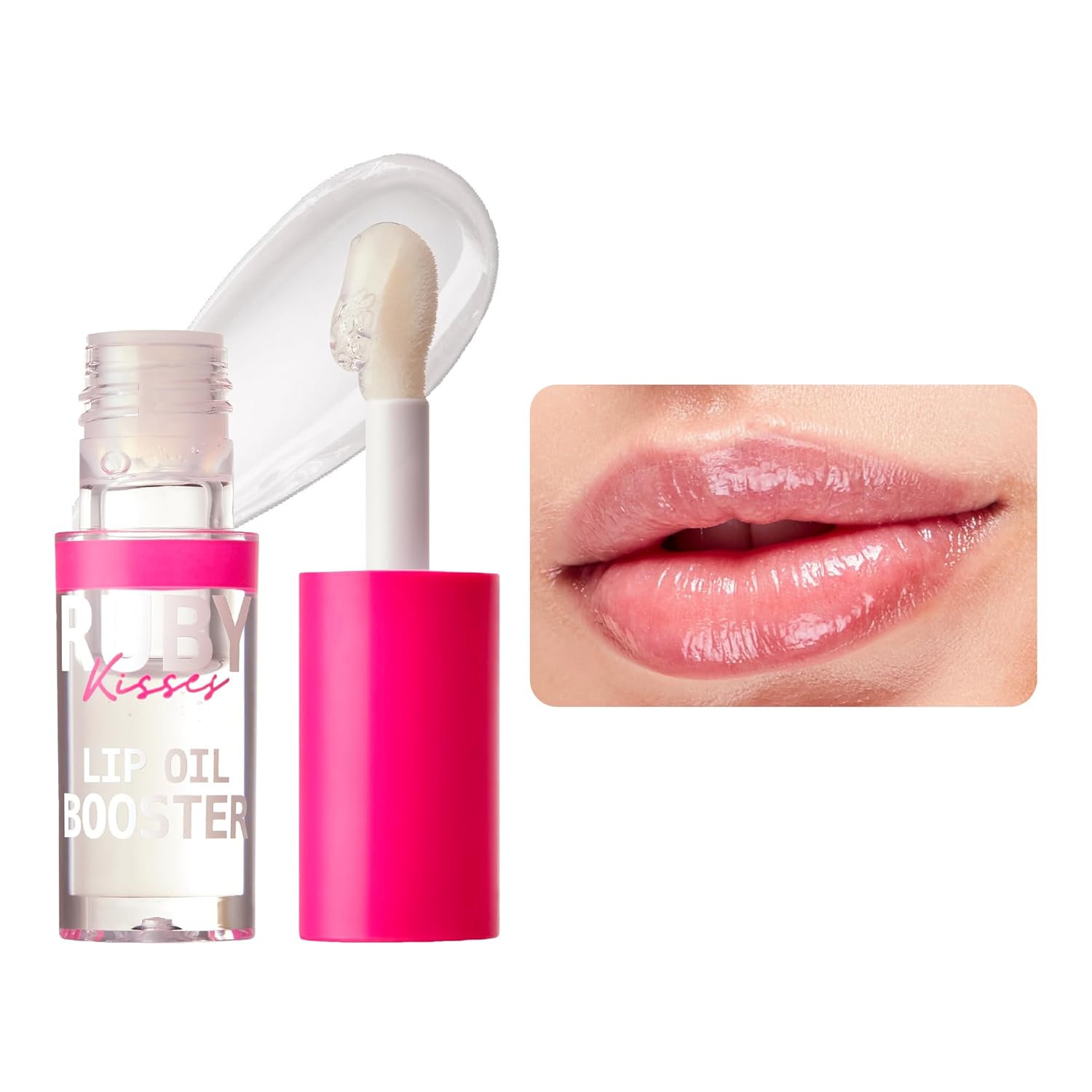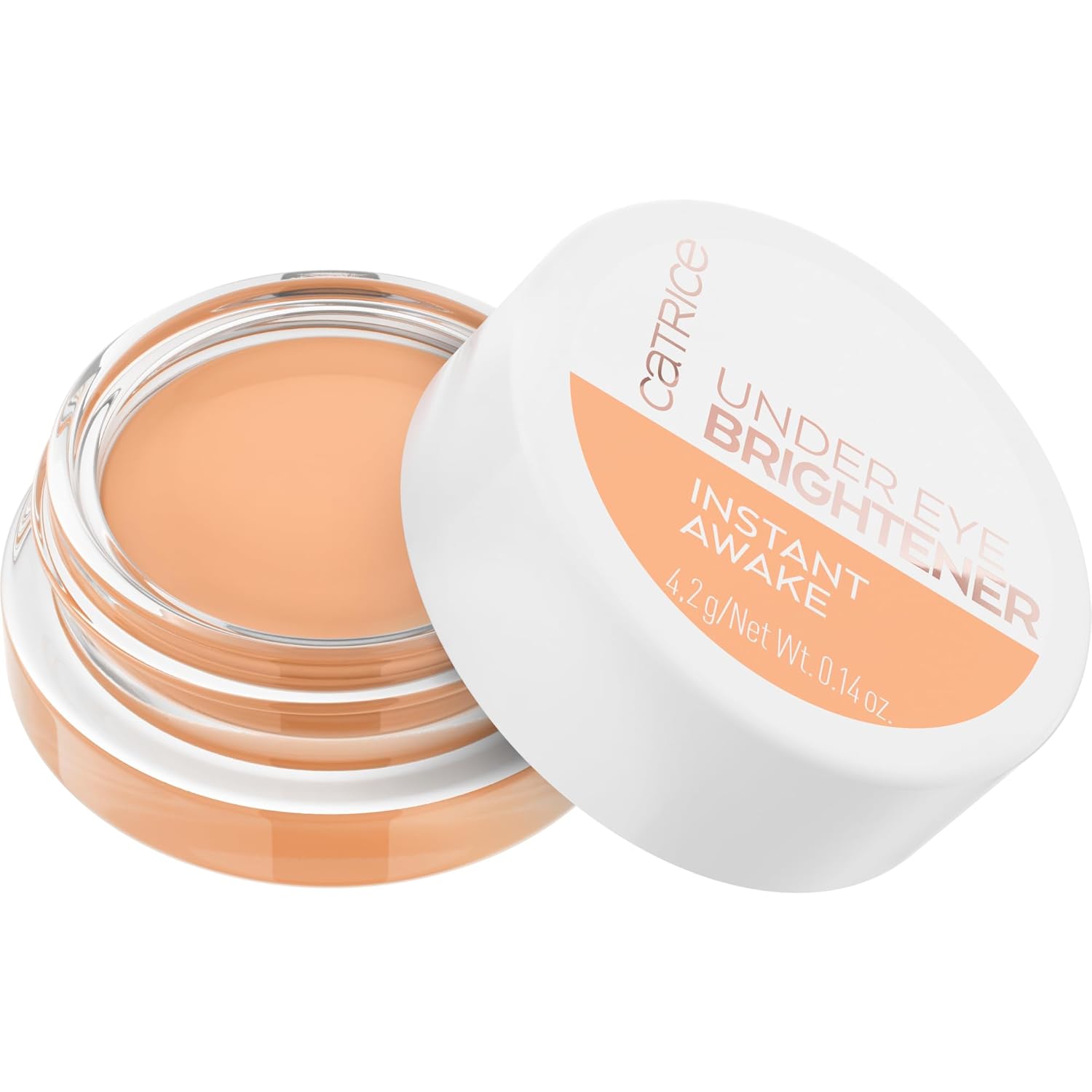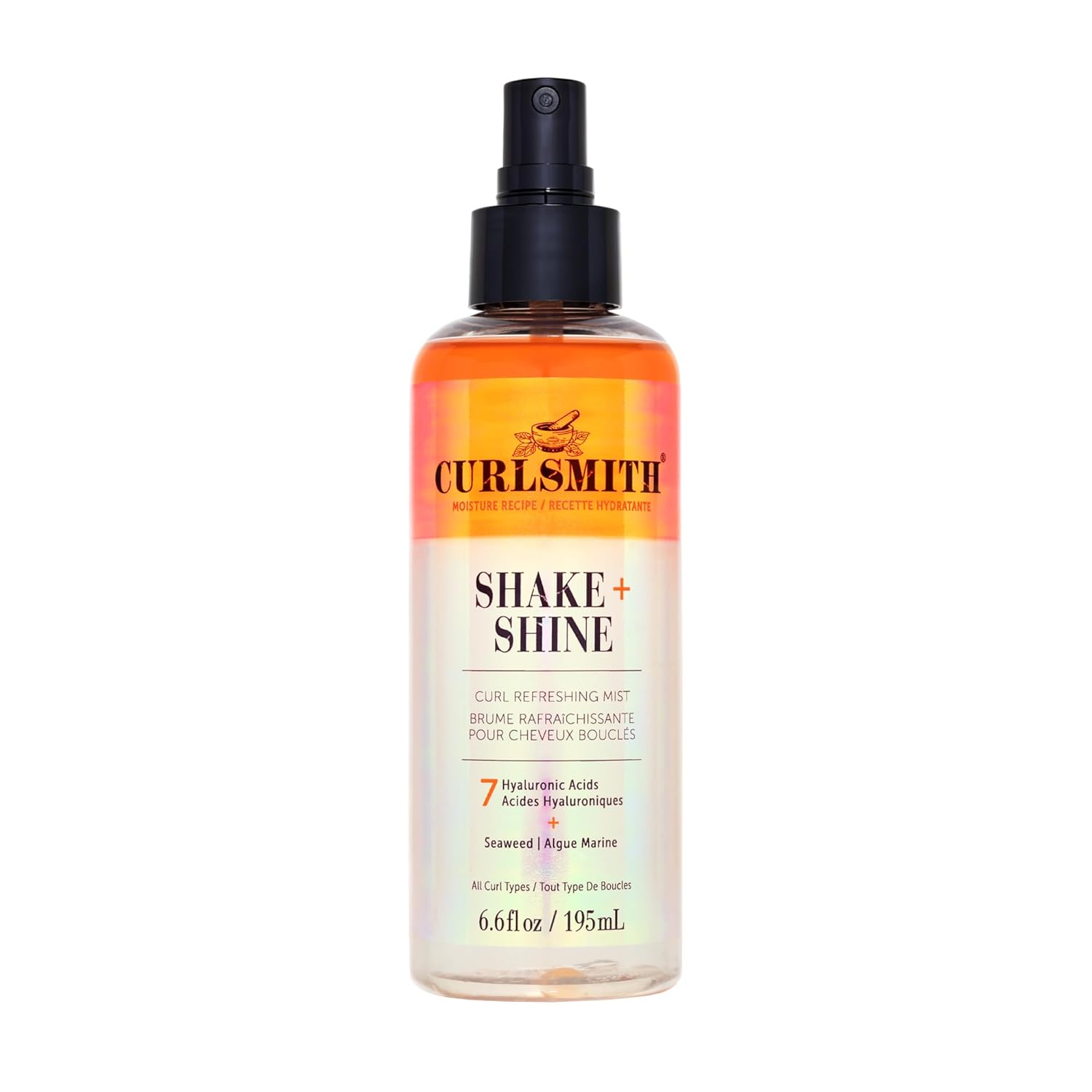
Every child is teased for one thing or another when they’re growing up.
For kids with curls and kinks, those jibes may be focused on their hair. However, building your child’s self-confidence is key to helping the child handle taunting comments.
“Their hair is a wonderful part of who they are,” says Titi Branch, one of the founders of Miss Jessie’s Salon and hair care products in Brooklyn, N.Y. “You have to help them understand that connection.”
For example, Branch remembers the confidence of a young curly client who was taught early to embrace his curls.
“One of the kids at school gave him a weird look and said, ‘Why is your hair like that?’ The little boy said, ‘Well, that’s what makes me special,’” recalls Branch. “He already had a confidence that was built up, so when he encountered those situations at school, he was ready.”
Curl experts share five steps to raising a confident curly.
1. DO YOUR HOMEWORK
Image Source: @itsdavianaa
“Get knowledgeable, just like you would with anything else that you’re concerned about with your child,” says Betty Di Salvo, stylist and partner of The Curl Ambassadors in Toronto, Ontario, a salon specializing in curly hair.
You can develop that knowledge by searching the Internet, speaking to stylists, and reading books written by curl experts, such as Lorraine Massey’s “Curly Girl” and Diane DaCosta’s “Textured Tresses.”
“The parent has a big responsibility to learn about curly hair — who has it in the family and how they got it — because that’s what they have to teach their child,” DaCosta says. “There are so many products to help you right now. Whatever you want, it’s there and very accessible.”
For example, Miss Jessie’s salon created a Baby Buttercreme product made especially for kids with kinky-textured tresses.
“I think mommies with kids who have kinkier textures struggle with what they’re going to use. If their mommy doesn’t know how to do their hair, these kids can go through a lot of trauma,” Branch says. “For interracial couples, if the mommy is white or has straighter hair than her kids, suddenly they have to learn to style hair they’re not really used to.”
Stylists urge parents to learn as much as possible about their child’s curls to pass on that knowledge to their young curly kid.
2. TEACH YOUR TYKE
Image Source: @herbalmmo
“It is most important for parents to take the right steps to care for curly hair,” says Christo, curl expert and Global Artistic Director of New York’s Christo Fifth Avenue salon. “For example, if they don’t have curly hair themselves, they should research the right tools and methods to help them style their children’s locks — as well as teach them how. This way, curly kids can love their curls, making life a little easier.”
“Let them feel empowered and that they can control their curls,” adds Di Salvo. “When I started to educate my daughter, Laura — now 12 — I saw the difference almost overnight regarding how she felt about her hair. She always wanted to straighten it, and I got her to feel comfortable with her curls based on the information I shared.”
Image Source: @azande_ntando
Experts say it’s critical to engage your curly in the process of grooming and caring for their hair as early as possible.
“Buy products that are especially for their hair, so they can have fun in the process, too,” Branch says.
Even if your curlies are too young to manage their own mane, Di Salvo encourages parents to showcase their child’s curly locks rather than stifle them.
Image Source: @euanaesarah
“Let them wear their curls naturally,” Di Salvo says. “Don’t pin it up, don’t pull it back, don’t make them feel like they’ve got to hide it. Parents send subliminal messages when they pull their child’s hair back and hide it in ponytails, barrettes, and braids. If the parent isn’t comfortable with their child’s hair, how will the child be comfortable?”
3. WATCH YOUR WORDS
Image Source: @shainarosa
As parents, ensure that your curly confidence is seen and heard in every aspect of your life, not just when speaking directly with your child.
“When you’re commenting about people’s hair, you have to be mindful that little ones are listening,” Branch says. “If you’re showing preference for straight hair, they’re going to pick up on that, and they take everything you say and do to heart.”
DaCosta agrees, “If the parent says, ‘Oh, your hair! I can’t take it, I don’t know what to do,’ then, of course, the child will not think her hair is beautiful. That’s where children get the fear from. They don’t wake up at age 4 or 5 and hate their curly hair. They heard someone say it or their parents complaining about it, so they feel self-conscious.”
So, say what you mean and mean what you say!
4. POUR ON THE PRAISE
Image Source: @suecurlysuee
Curl-centric stylists emphasize positive reinforcement.
“With kids, it’s so important to praise them, reassure them, and express how great they are,” Branch says. “Give your kid a big kiss and say, ‘I love your curly hair. It’s what makes you special. It’s a wonderful thing!”
Then, take them to a salon that specializes in curly hair so they can learn what’s so beautiful about it.
“Always help them style their hair and compliment them,” Christo says. “And keep telling them that you love their curls, and they should too.”
5. RECOGNIZE ROLE MODELS
Image Source: @officialstormi
Movie stars, pop singers and other high-profile curlies may have more influence than you realize on how young curlies embrace their curls. Stylists urge parents to seek out curly role models their kids can relate to, and then subtly point them out.
“Show them examples of celebrities or other idol figures that show how exotic and beautiful curly hair can be,” Christo says.







“There are so many people with curly hair,” adds Branch. ”Start finding them images of people who have their kind of hair.”
And it could start with you. If you’re curly, it’s easy to lead by example. After all, you’re the most important role model in your child’s life.
“I think it’s helpful for you to wear your hair curly, take a break from that flat iron, and show your child that you’re proud of your curls, too. This is who you are, too,” Branch suggests. “Reinforce that curly hair is cool!”













